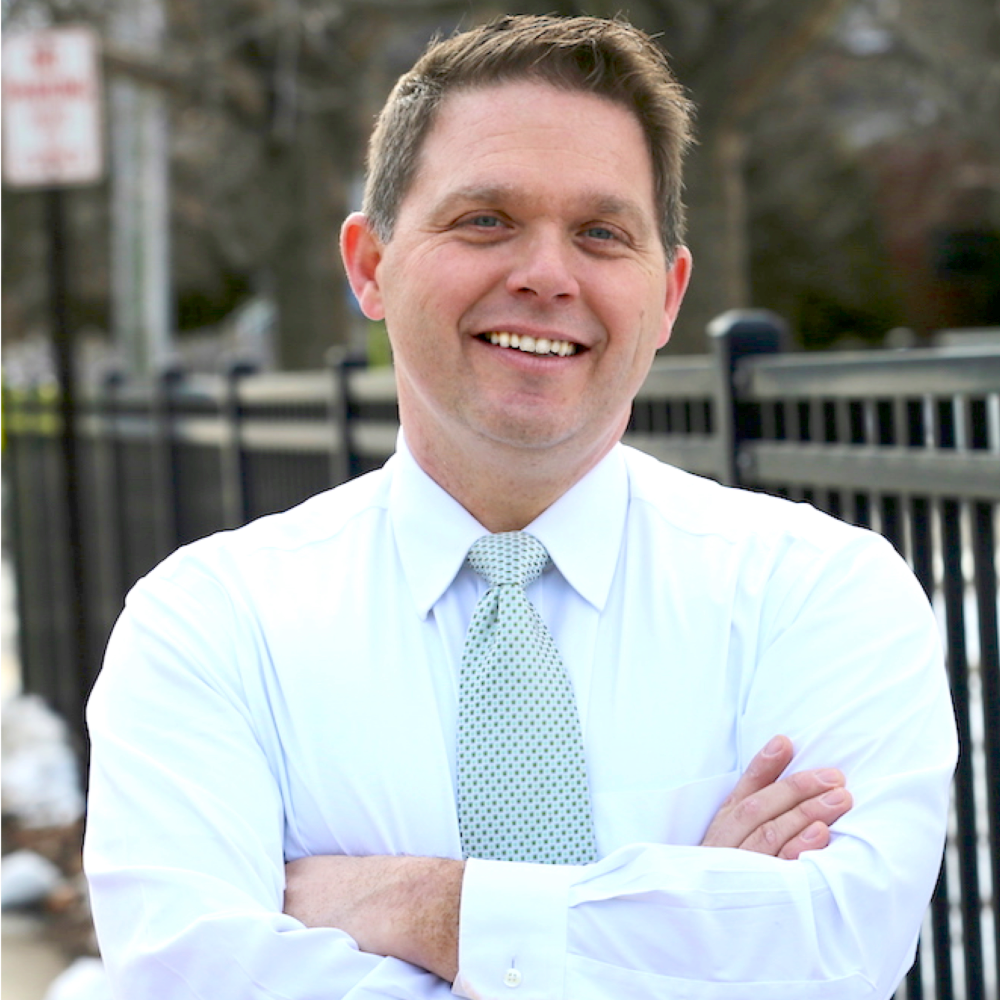We’ve seen the power of Illinois’s government in coming together swiftly to assemble resources and pass legislation to keep residents safe from a pandemic. Why is our epidemic of gun violence any different?
Chicago’s Black communities have been ripped apart for decades by gun violence – with little action from our state legislature. The current Coronavirus crisis has made it crystal clear that when there’s a real desire to tackle an epidemic – our legislators can act swiftly. Now, they must do the same for gun violence.
In the face of this pandemic, we must recognize the consequences for communities across Chicago that are already most impacted by gun violence. Black Chicagoans now account for more than half of those who have tested positive for COVID-19 and 72 percent of virus-related fatalities, even though we make up a little less than a third of the population.
Our communities face continued, unaddressed structural inequalities – such as poverty, underperforming schools and a lack of access to public services – that add to our disproportionate impact during this crisis. Historic and systemic divestment in our neighborhoods paired with these structural inequalities leave Black communities the most vulnerable during this time.
Gun violence was a problem before Coronavirus – and it shows no signs of slowing down. Illinois residents have been ordered to stay home, yet gun violence continues to spread across Chicago like a virus of its own. Chicago saw the most violent day of 2020 so far this week when seven people were killed and 14 more were wounded in shootings across the city.
This gun violence epidemic will require major investments to correct. Firearm policies, significant resources for Black and Brown neighborhoods and real criminal justice reform are all necessary to reduce gun violence. SB 1966, The BIO (Block Illegal Gun Ownership) Bill, is a vital component of a much-needed gun violence reduction foundation that will help save lives.
SB 1966, The BIO Bill, helps to keep our communities safe from gun violence by stopping people who cannot pass a background check from obtaining or possessing a firearm. The Illinois House passed the bill nearly a year ago in May. Now it’s time for the Illinois Senate to work together to pass this life-saving legislation. Inaction from state leaders is inexcusable at any time. But as these two pandemics collide, the cost to Black communities is too high.
COVID-19 not only threatens the lives of Black residents, it also promises to bring more guns to Chicago’s streets. Purchasing a firearm to ward off a pandemic is flawed thinking. But that hasn’t stopped Illinois residents from contributing to a surge of gun sales in recent weeks. Tragically, many of the guns that people are “panic buying” today, will end up in the hands of individuals who cannot pass a criminal background check, increasing the chances of arming a potentially dangerous individual. We cannot let these illegal guns flood our neighborhoods and take even more lives.
Emotions are heightened during this stay at home order, which can have dangerous consequences. We must put safety measures in place to keep residents safe, not just from the virus.
Our government, rightly, moved fast to protect the city’s most vulnerable people including the elderly and those with pre-existing conditions during the COVID-19 outbreak. The same can and should be done to end the everyday violence that continues to take lives in Chicago’s most vulnerable communities.
Rev. Ciera Walker-Chamberlain

